It’s been so mean lately.
Oh, I know it’s always been mean. “Off with their heads!”; machetes removing limbs; “We will kill you for dancing”; waterboarding a workaday torture; “Tell us what you heard your father say about our glorious leader”; pogroms; labor camps; piles of bodies.
It’s always been mean.
The current mean is insidious as much as shocking, though, during this era when well-off people wrap themselves in privilege and self-righteousness to deflect from the tight bitterness of their begrudging. The current mean erodes my belief in foundations, makes it impossible to feel easy, causes me to yell at phantoms in my head when I’m out for a run.
I don’t know how to write when the only thing I have to express is an extended scream down an open neck as I nestle a bloody head into the crook of my arm. I don’t know how to write because boundaries and tone become impossible to manage, drowned in a deluge of anger and disappointment.
So I try, very deliberately, to focus on the flashes of pure and good — a fine encounter with a stranger, a happy wave across the yoga studio, a student excited that she gets to take a trip to Greece. I try to open a channel and let the good stuff flow in.
I started this essay one year ago, a month after my dear friend Virginia died; the opening sentence about “It’s been so mean lately” popped out of my fingertips then, as did the subsequent paragraphs. Even then, I was struggling to stay right as people got meaner.
Then life reared up, and the essay draft languished. There was too much else to do, not enough time to sit and focus on one of the pure, good things that had saved me from complete disillusionment.
But now I’ve recently returned from a trip to Europe with Virginia’s widow, Kirsten, an ashes-scattering jaunt during which we not only left bits of bones in places that had been special to Gin but also took her to some new venues, whisking that intrepid traveler on one last journey. Along the way, as the bitter and self-righteous sloshed in their own sourness, we were reminded again, through Virginia’s lasting impact on a crew of devoted friends in Germany, that mean frets itself into unyielding little knots, but goodness turns its face to the sun.
I’m being cliche and mixing metaphors here, of course, but the sentiment is true: people have been making me sad, yet the person Virginia chose to be in the world gives a powerful lift.
When I started this essay a year ago, I wanted to share the contents of a small red volume found after Virginia’s memorial service in a desk drawer in her basement — in the “museum” of Ginnie’s Stuff.
Feeling tired and sad these past few days, I suddenly remembered that tiny journal she’d kept and realized I do have something to say that isn’t an extended scream down an open neck, dismembered head stuffed into my elbow — “Oh, I should scan those pages and write a blog post!”
Today, when I sat at the computer, I found a folder containing images I’d forgotten I scanned after her death. Today, when I came to the Dashboard of this blog to begin a new essay, I found a post I started in June of 2018.
In looking at the scanned images and re-reading the notes Virginia jotted in 1984 about a Cambodian family she was sponsoring during their relocation from the Khmer Rouge’s killing fields to a small Minnesota town with a kill line, I fell in love with my friend all over again.
And I fell in love with Hieng and Sakun and Sokong and Soksan. (In particular, I really, really, really fell in love with Soksan on March 31, 1984.)
Looking at the notes Virginia dashed into a little book during the months when she poured time and money and love into a traumatized family, I remembered not everyone sits in their houses where they have too much and complains about brown people showing up where they don’t belong. I remembered that some people live according to the Law of Abundance, some people start and end with the principle that all human beings deserve an equal chance, some people don’t complain publicly about things they don’t acknowledge privately, some people check and challenge themselves: “Am I embodying graciousness? Am I truly living with grace?”
Virginia’s notebook, as it tracks purchases and errands with not only the Hao family but also other refugees being absorbed into her beloved town, provides a snapshot of genuine grace in a mean, mean world.
Virginia was not a saint. After these initial months of language learning, household establishment, health worries, and friendship joys, she left the Hao family more and more in the hands of others. Like me with this blog post, she had other priorities.
When I met her in 1996, however, Virginia was fully in the swing of sponsoring a Bosnian refugee family — helping them find work, enrolling the kids in school, spending hours and dollars to soften their landing.
It’s been so mean lately.
But once there was a Virginia. And all of us now, if we try to live with similar grace, have it in ourselves to earn the title of “Mom,” to feel our hearts fill, to listen to our doorbells ring repeatedly, to eat watermelon together.
We have it in ourselves to believe that if we buy two bikes for $70 for people who need them, they’ll be as good as their word.
If we can just stop being so tight and mean, we can trust:
They’ll pay us back.

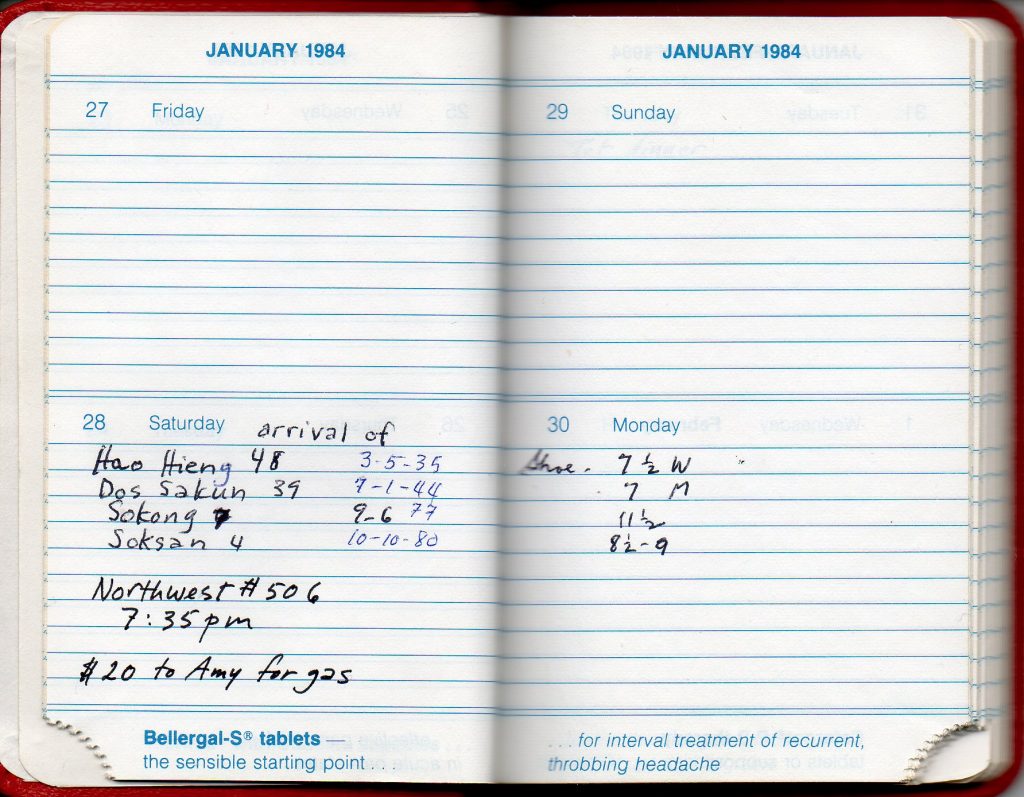
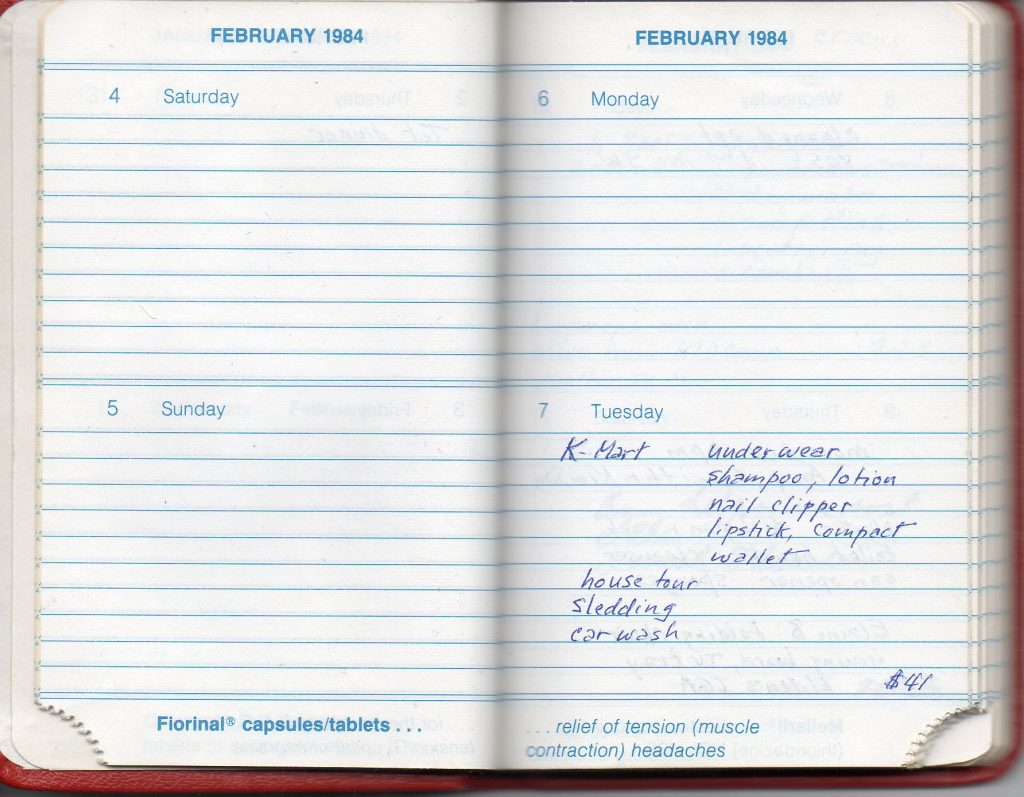
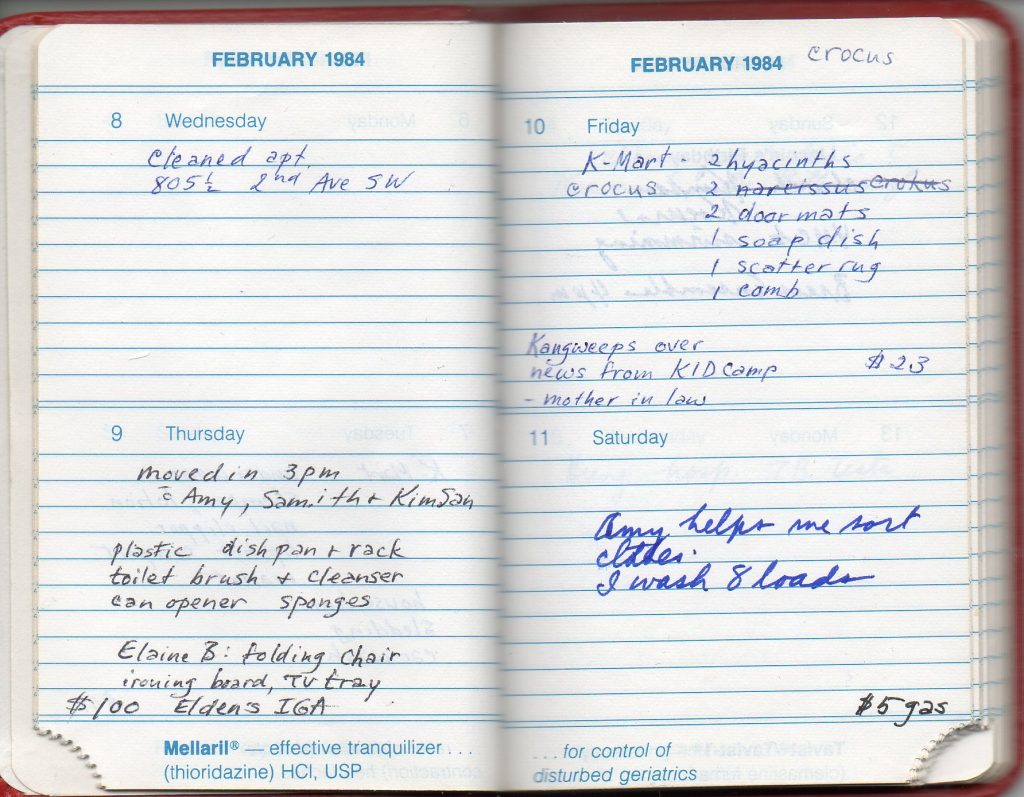
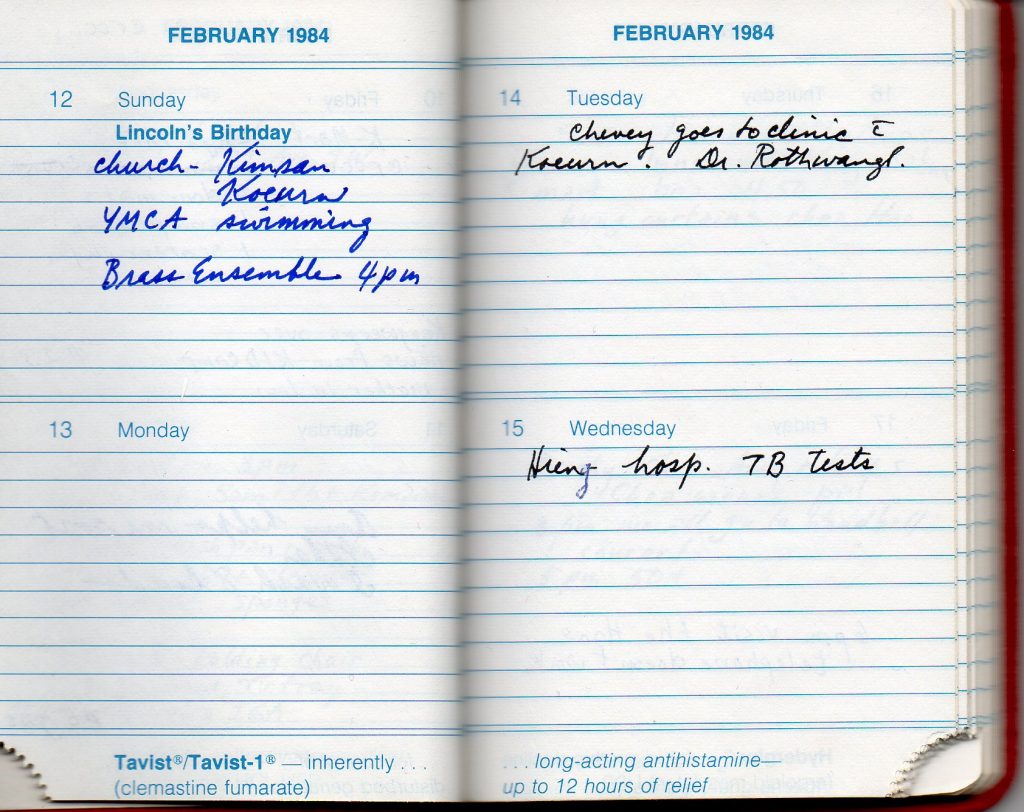
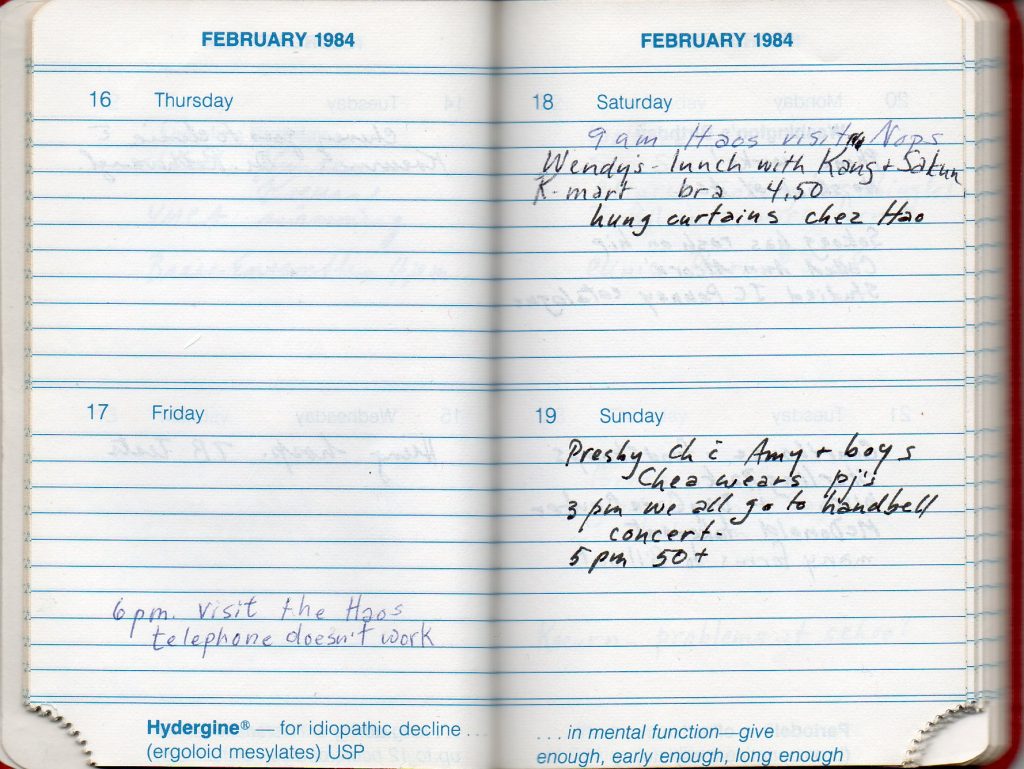
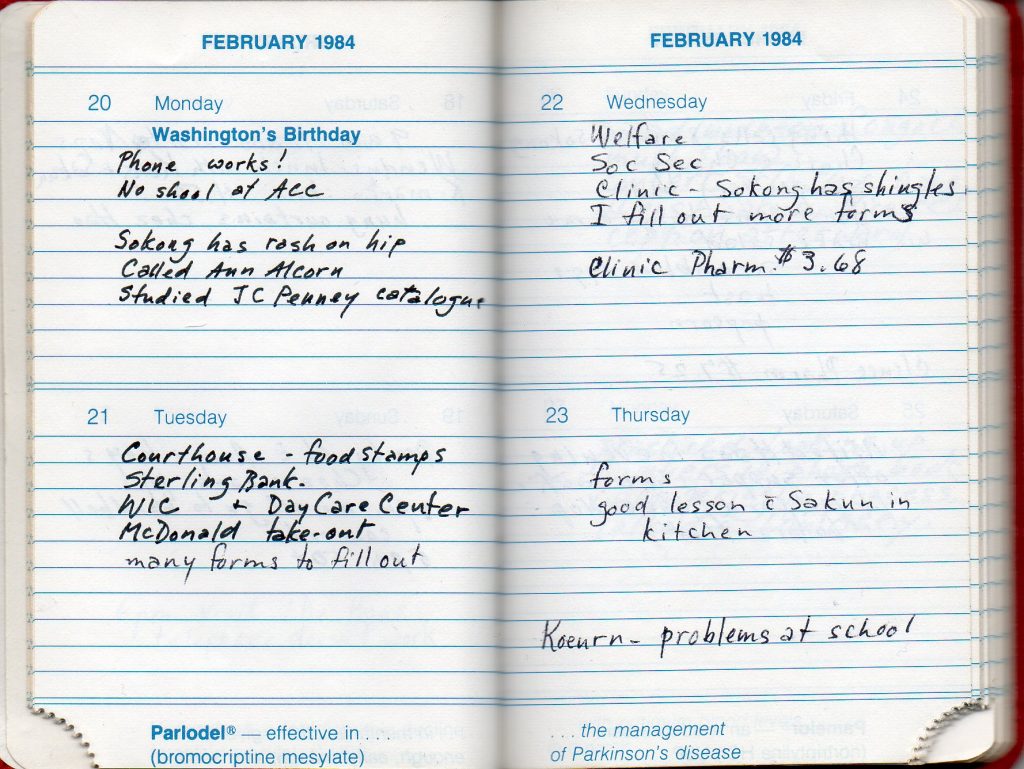
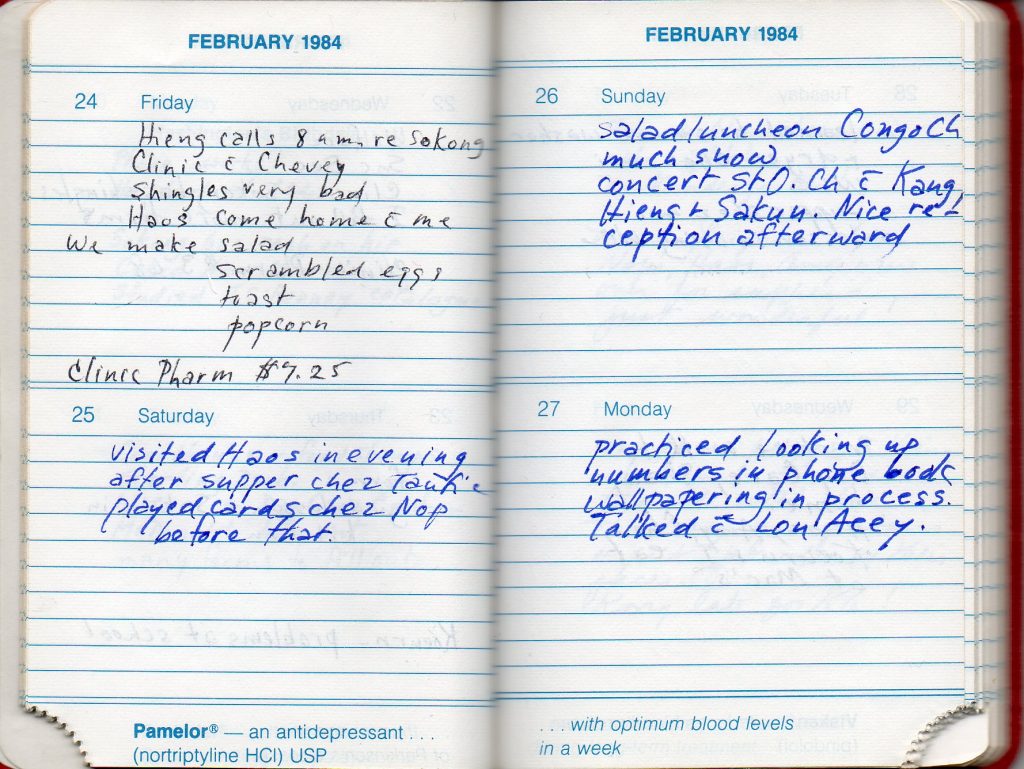
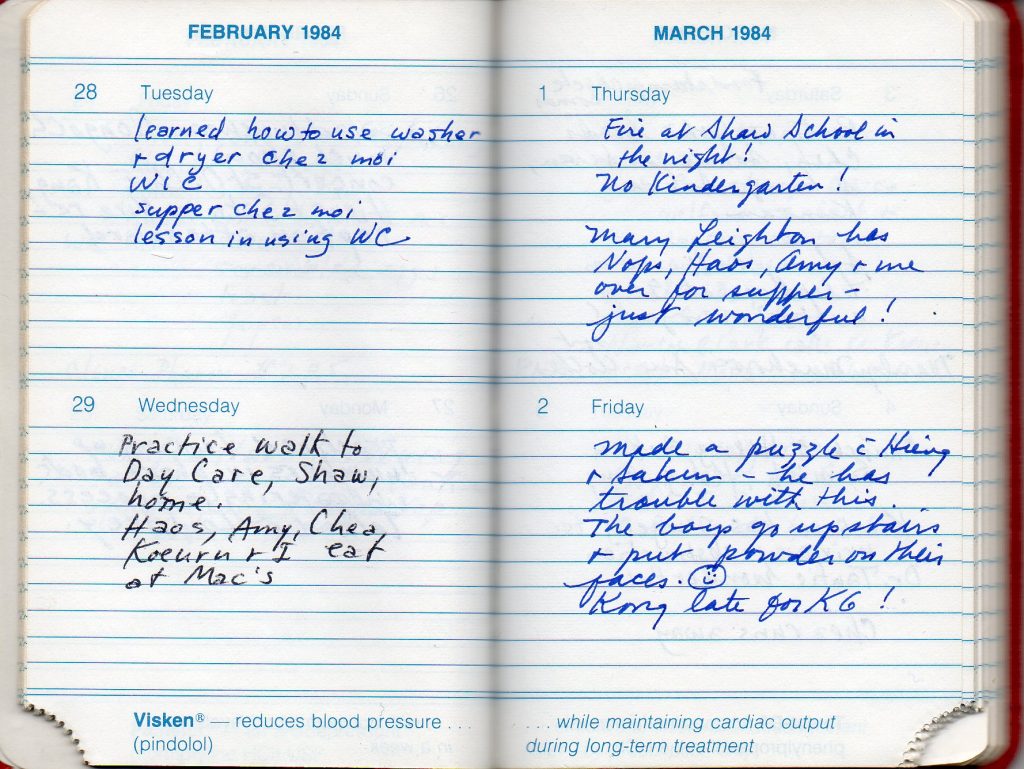
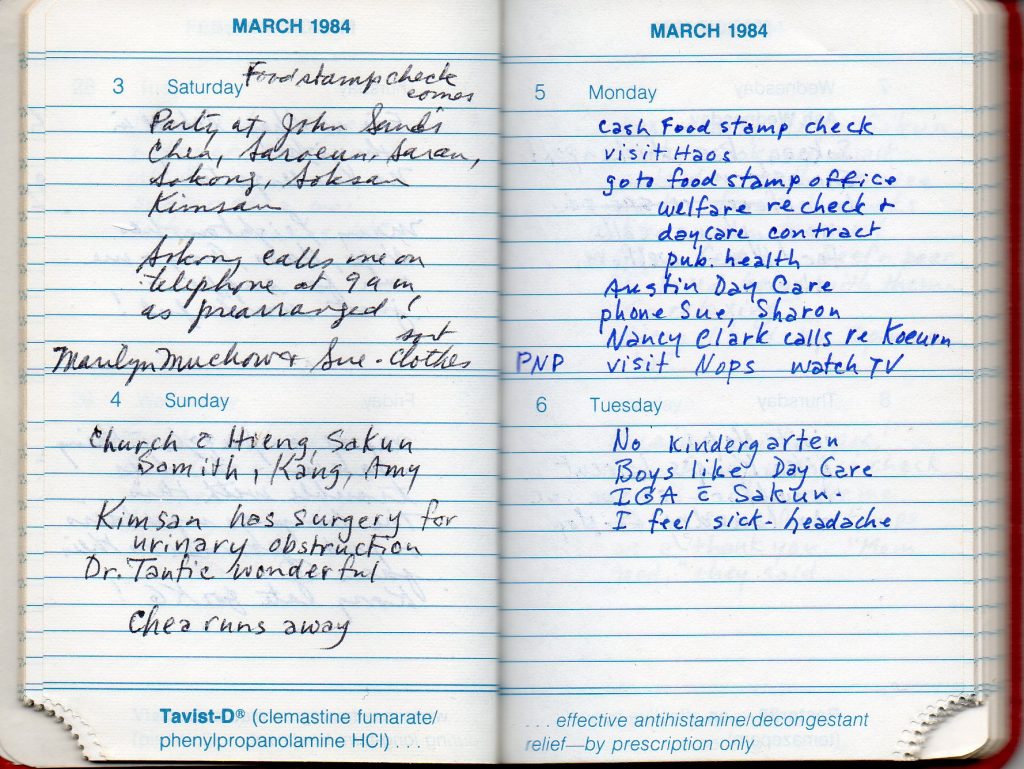
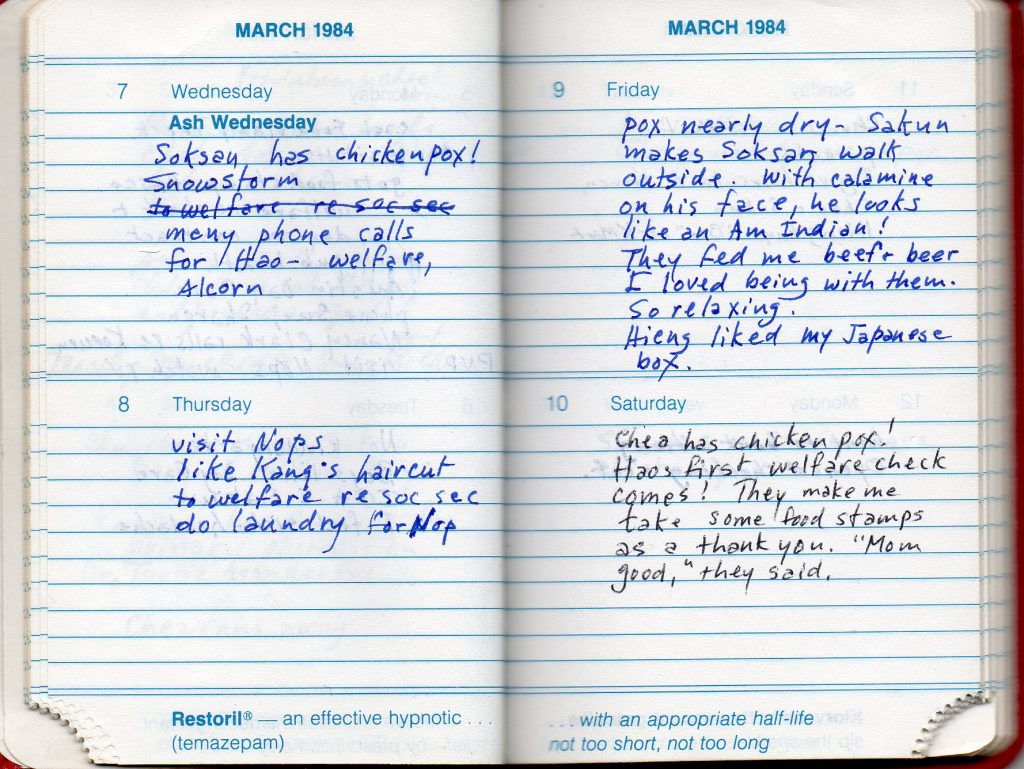
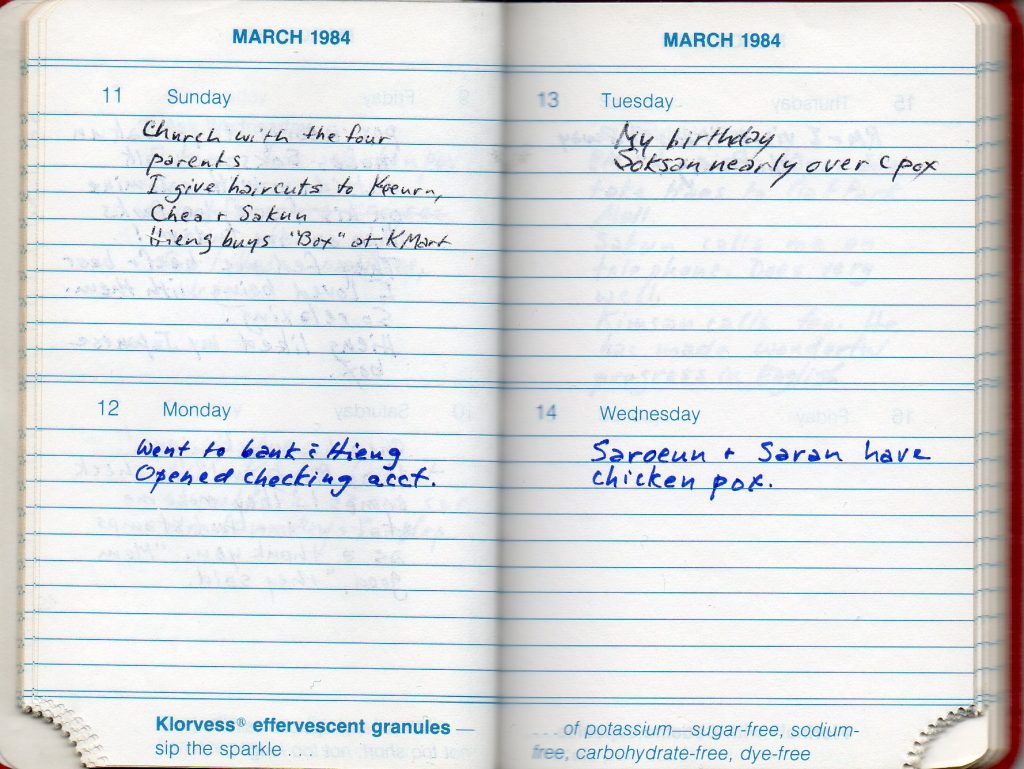
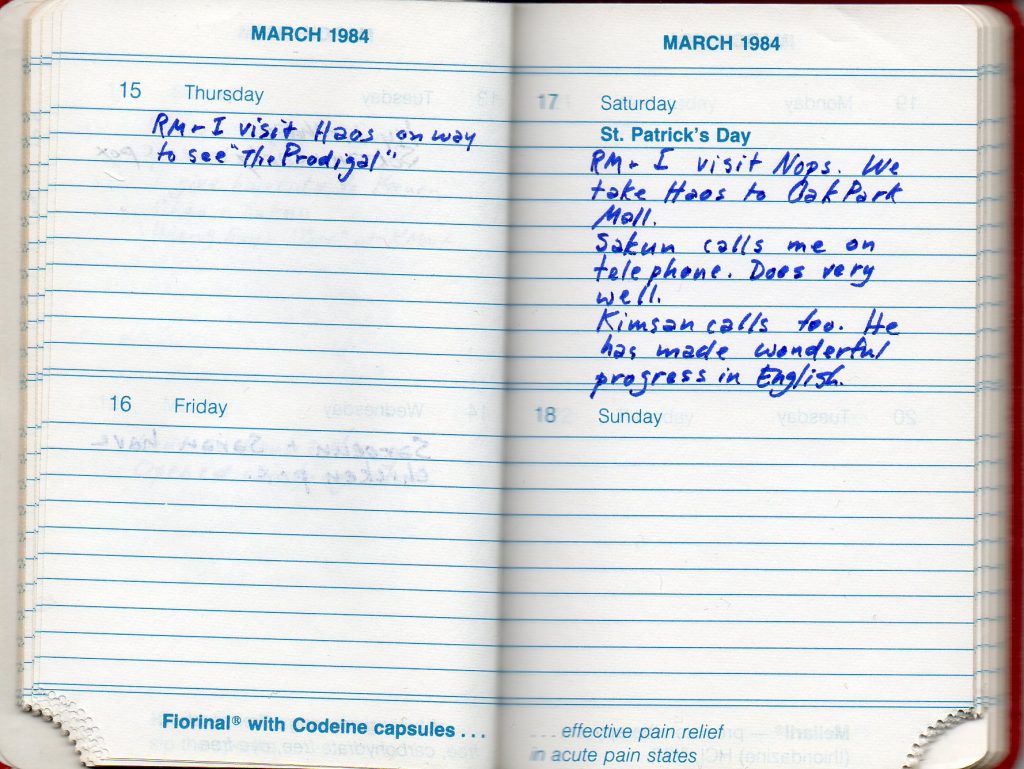
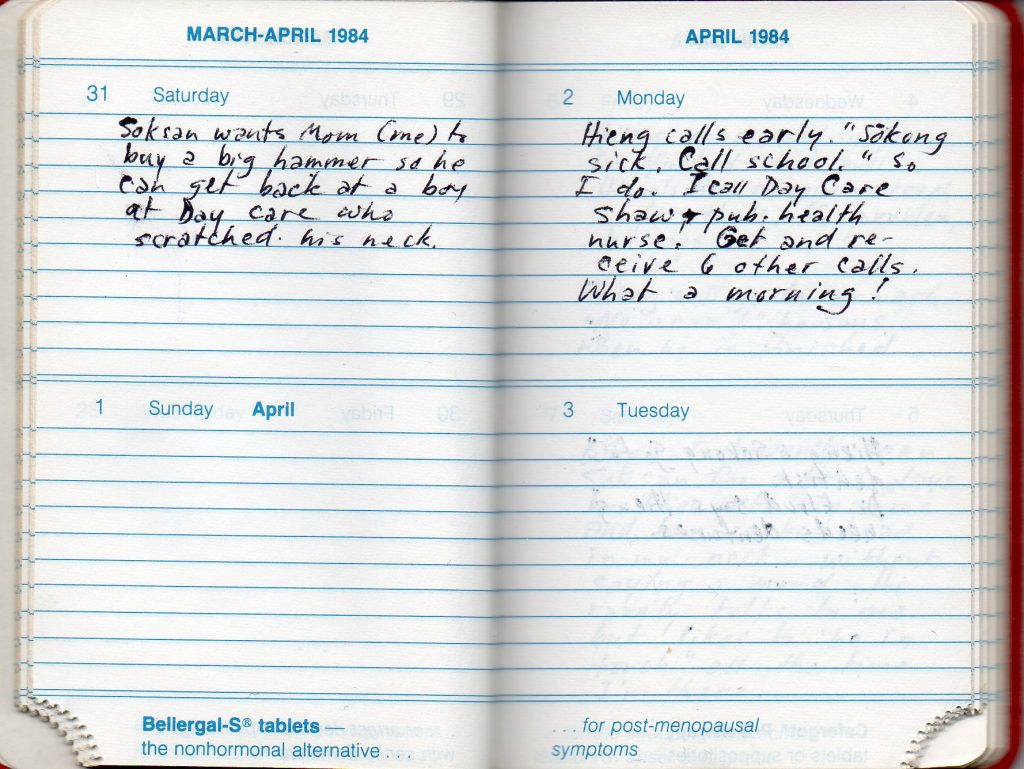
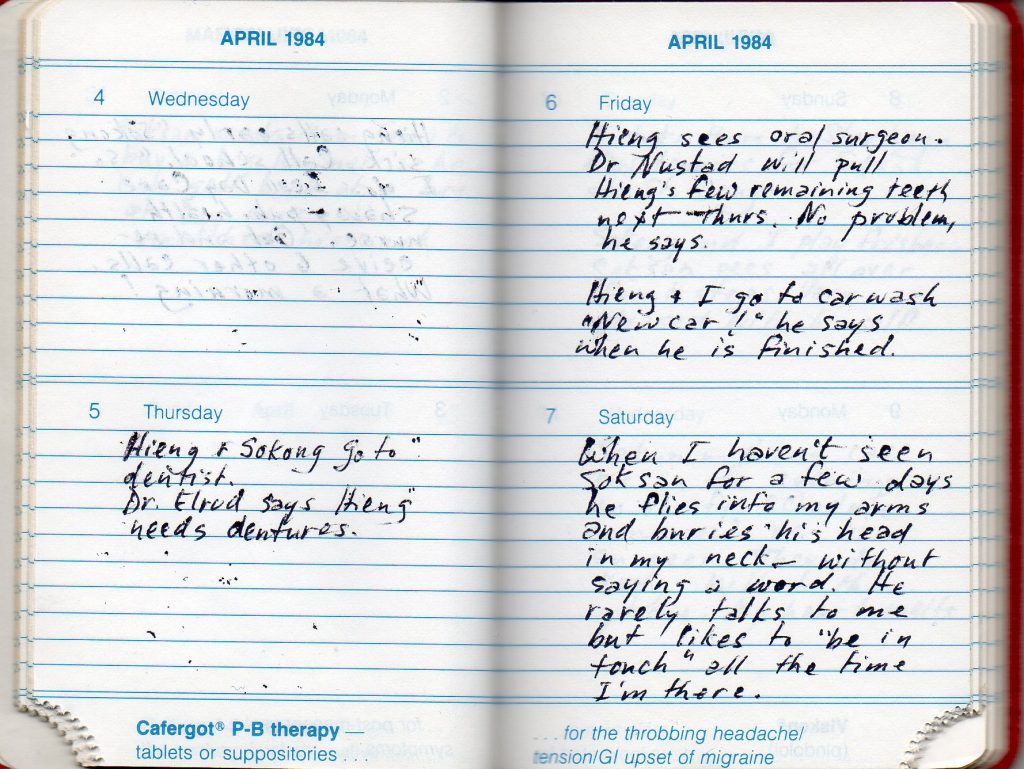
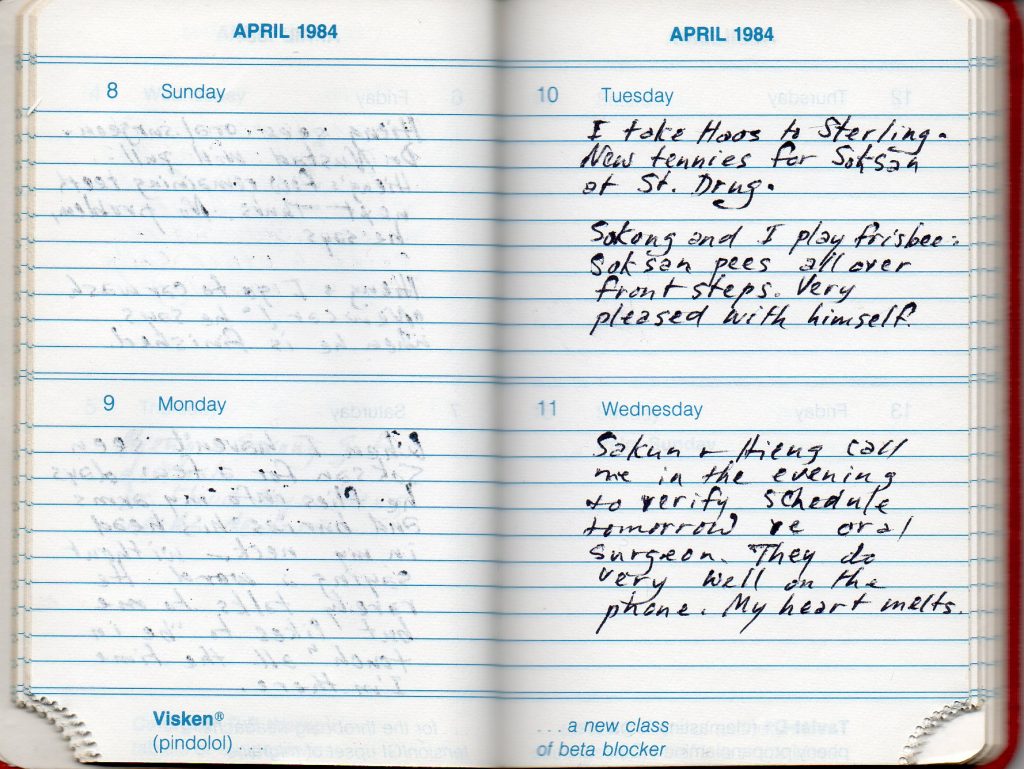
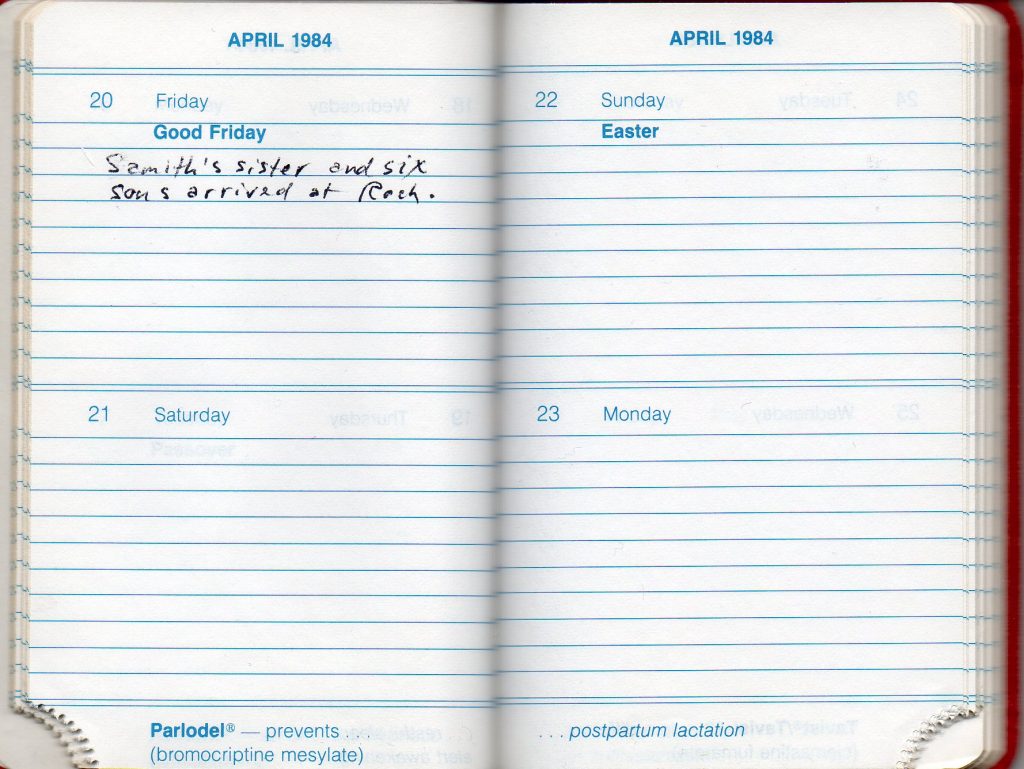
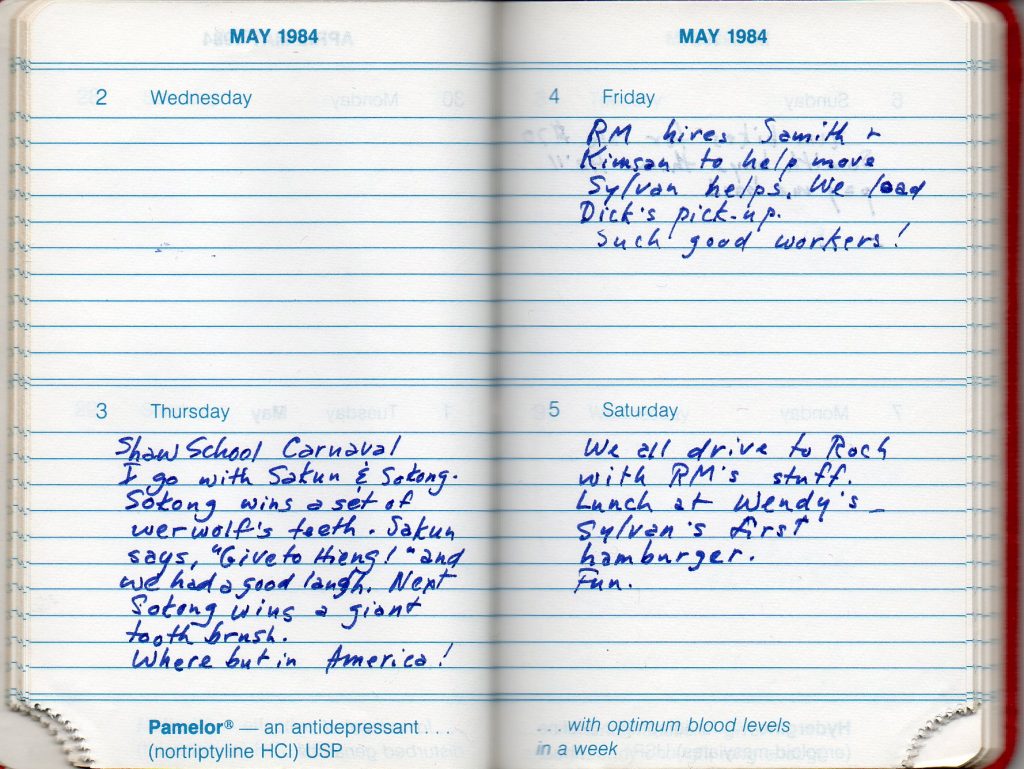
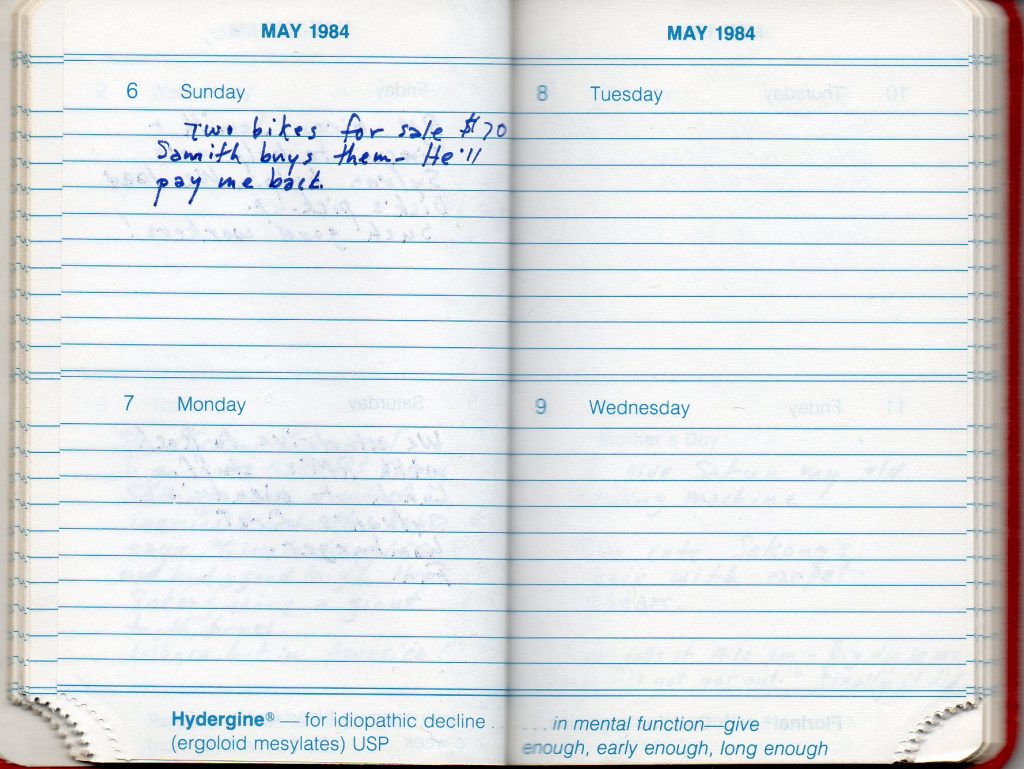
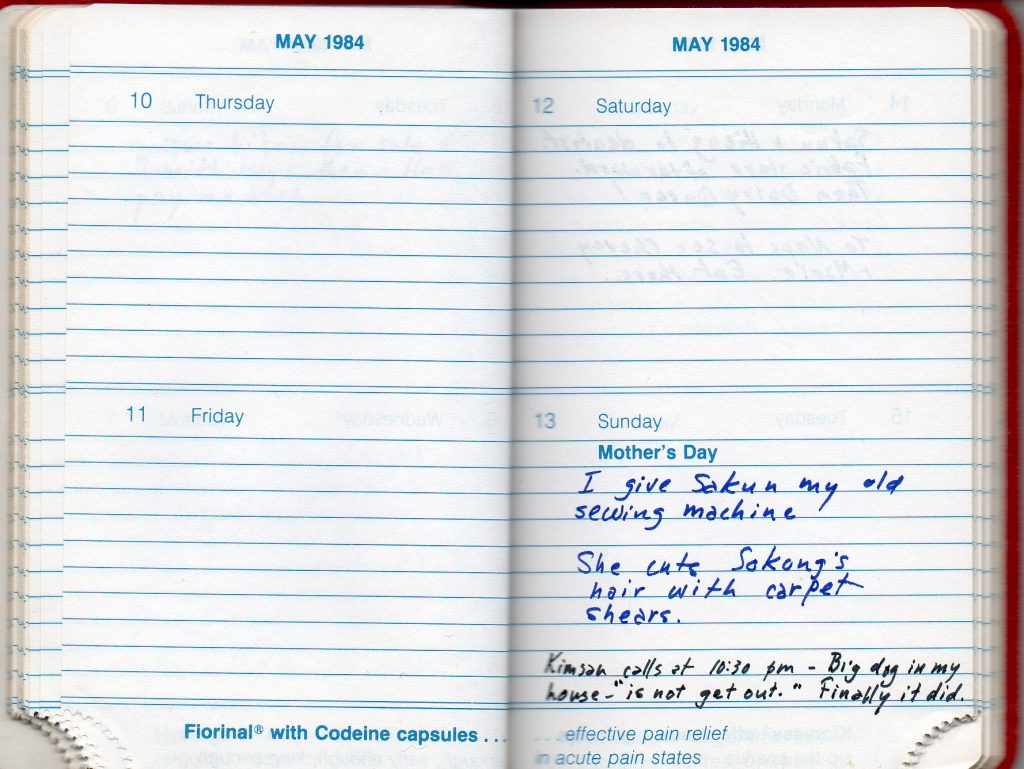
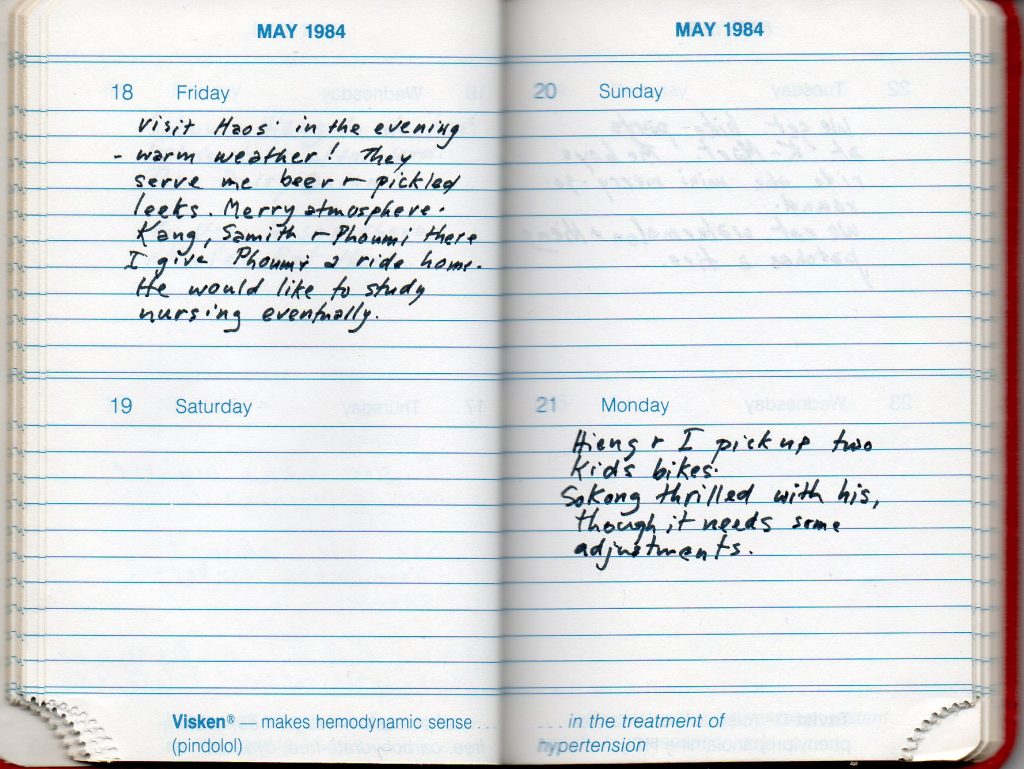
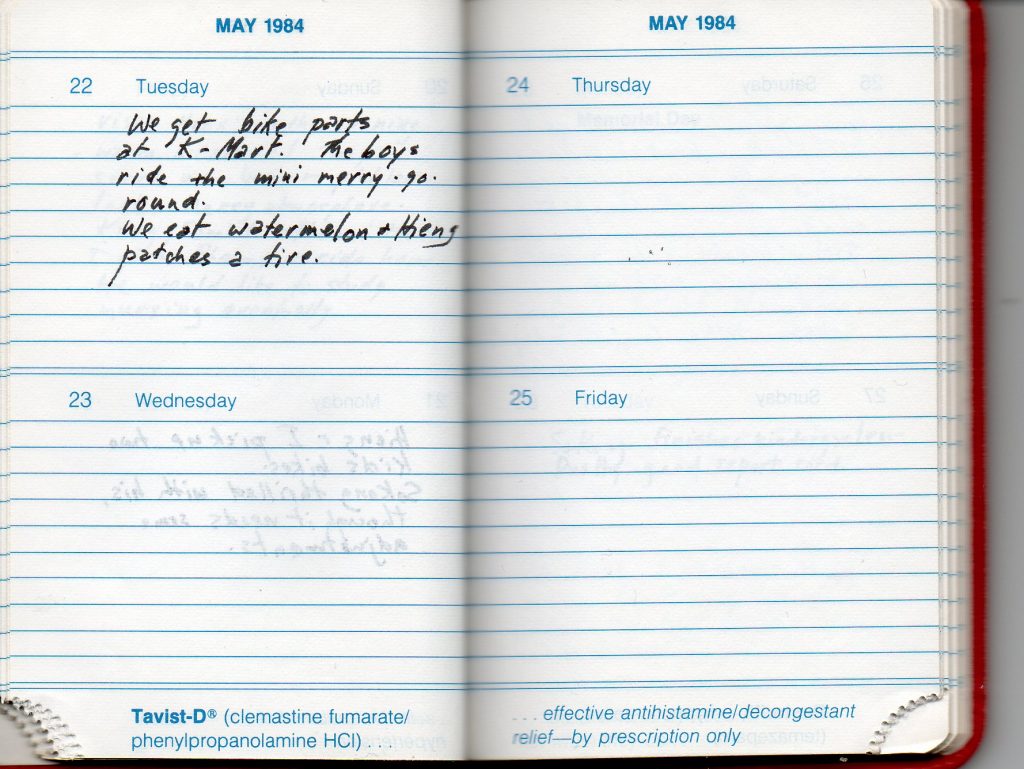
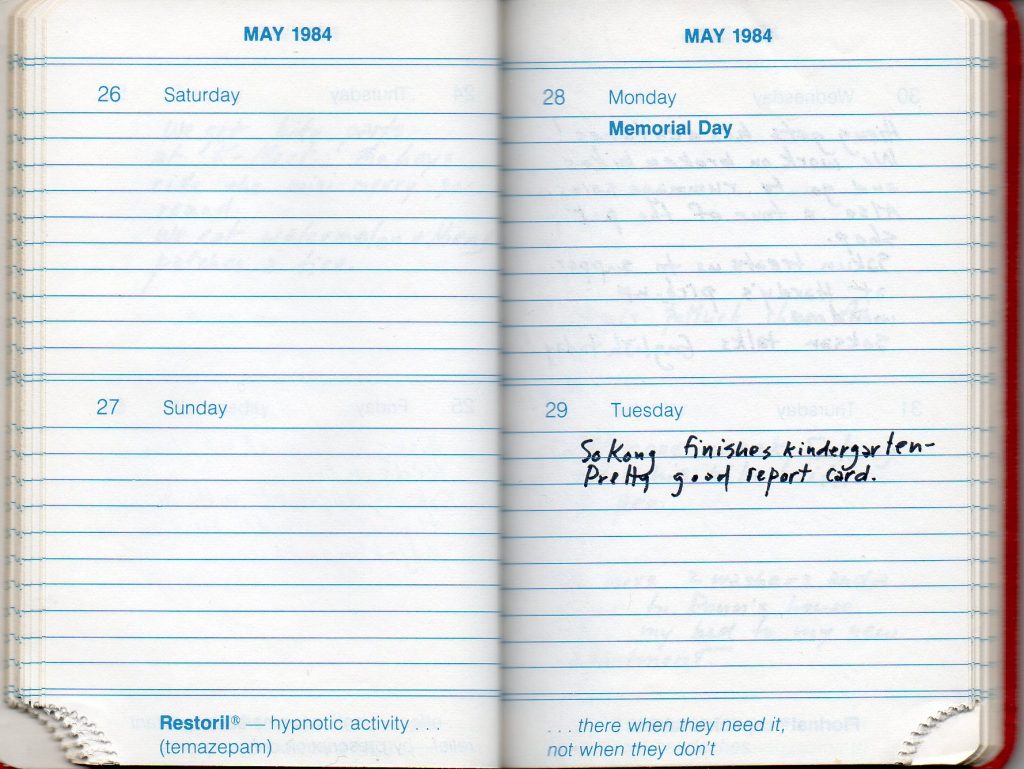
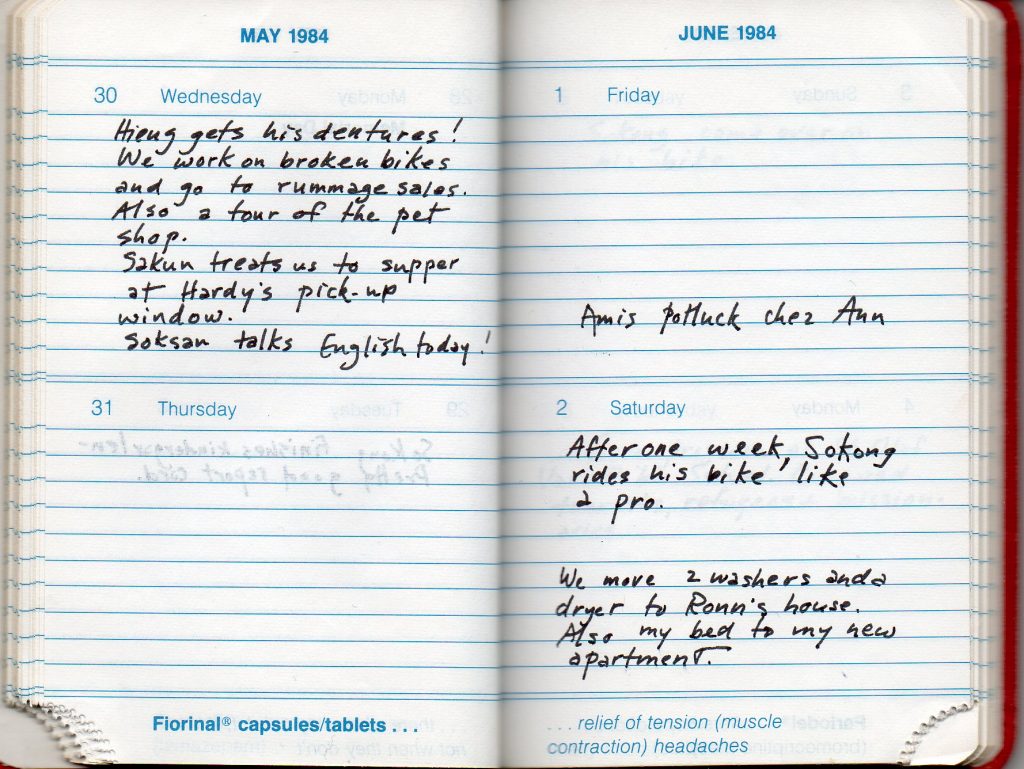
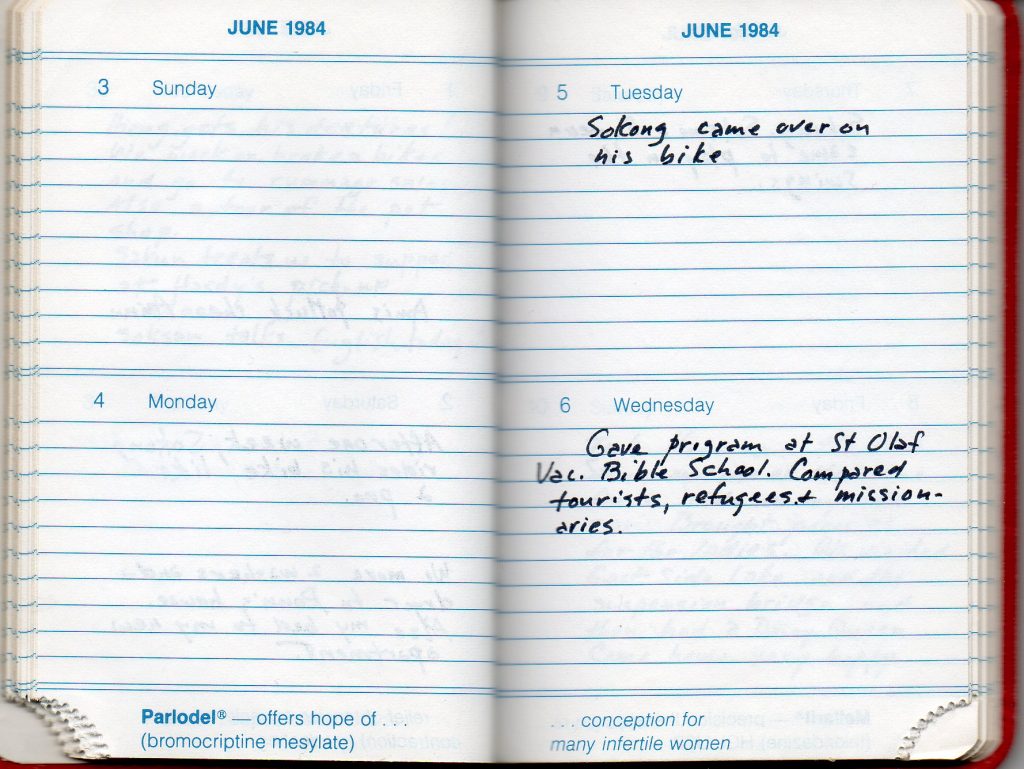
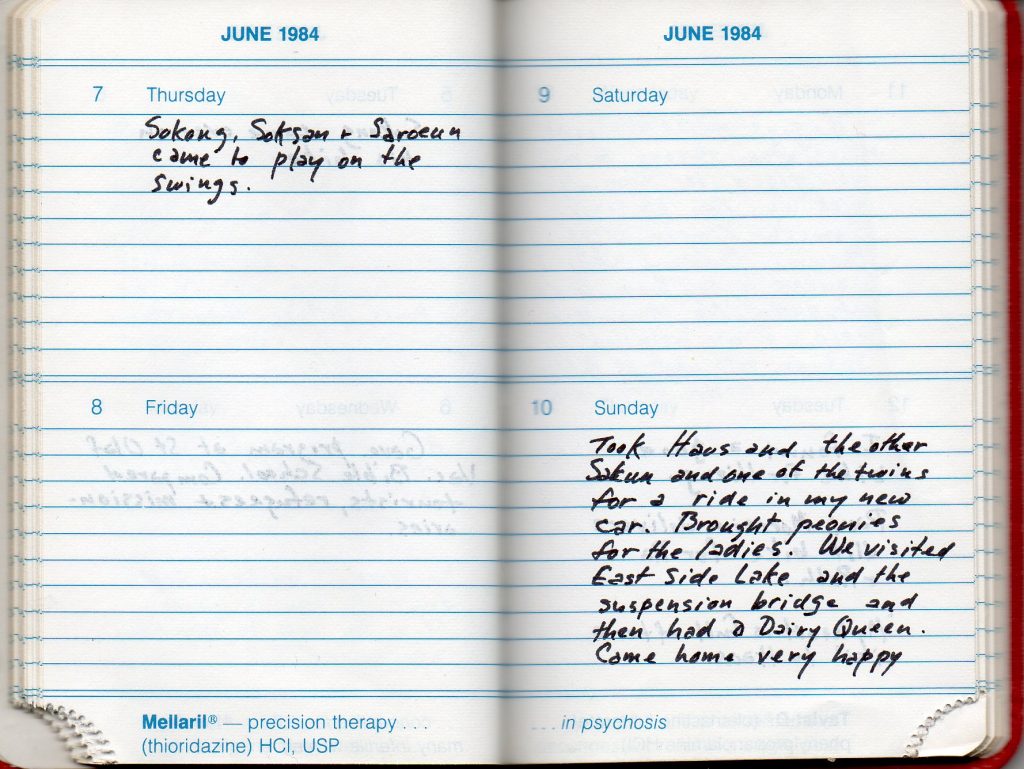
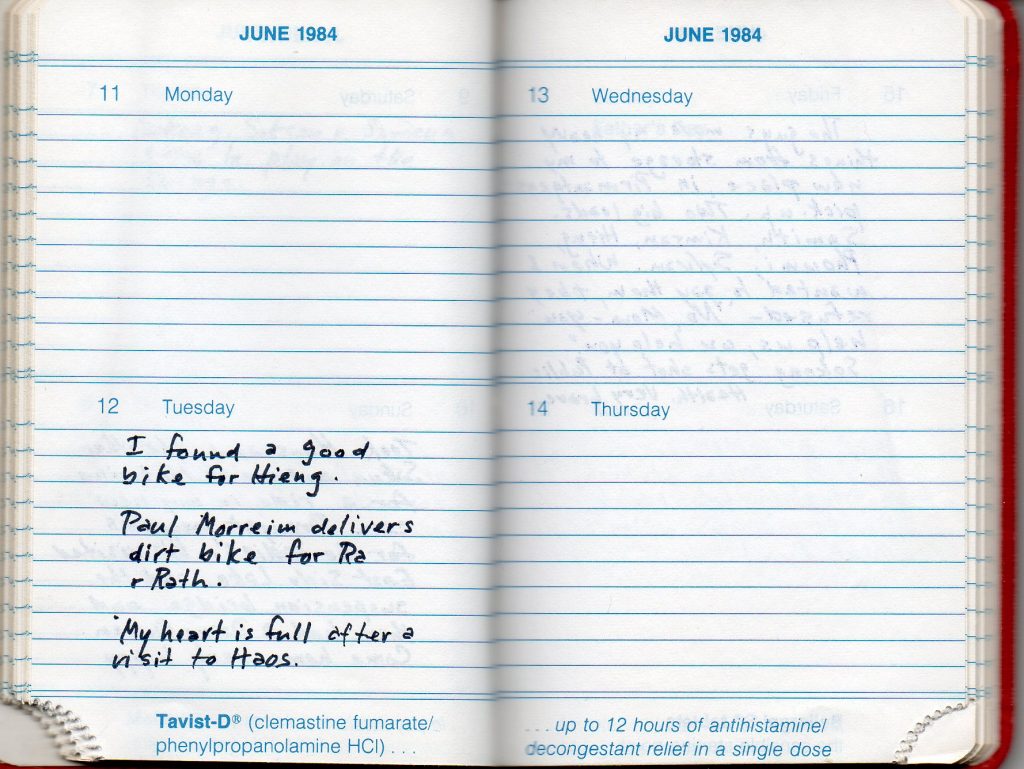
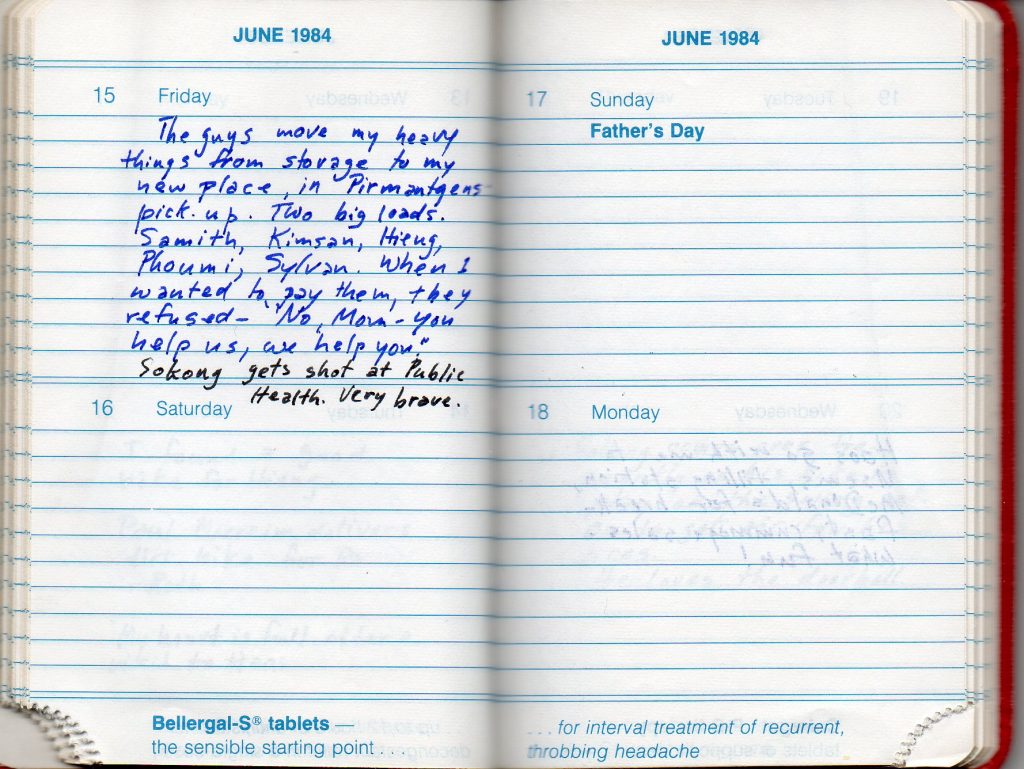
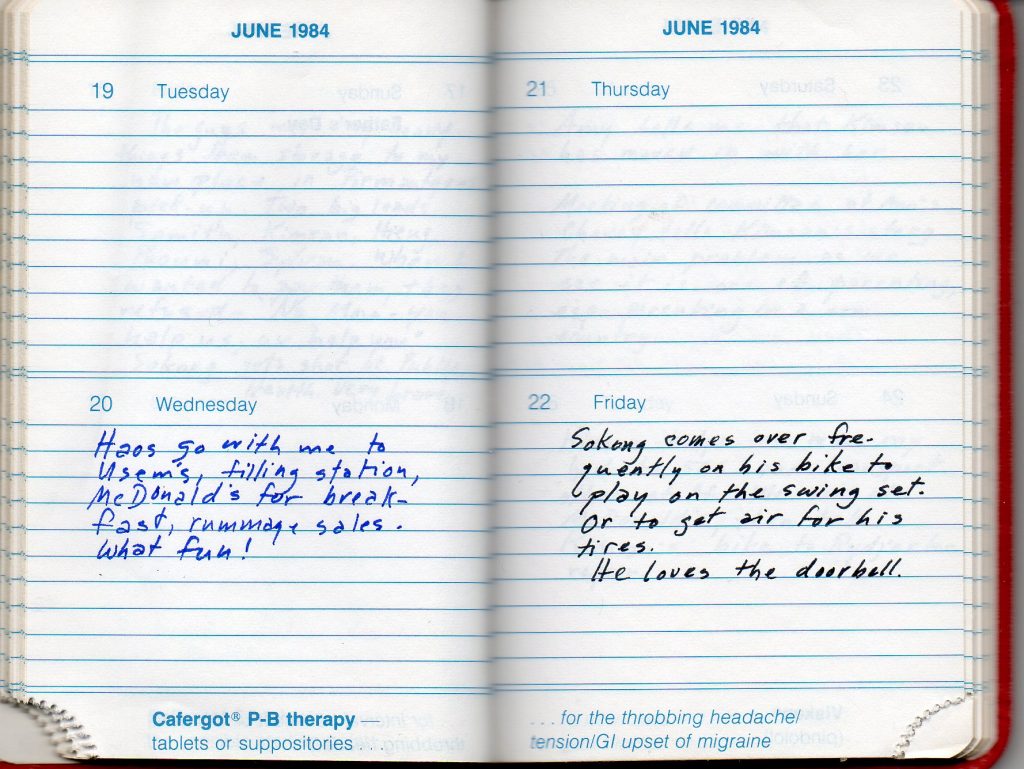
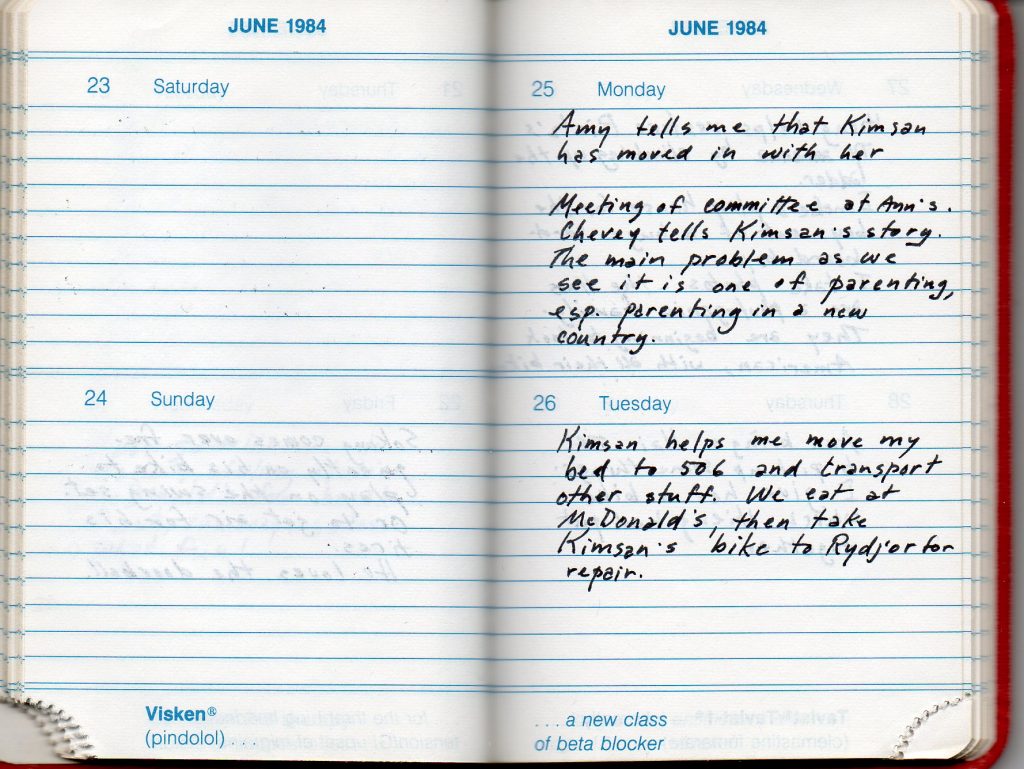
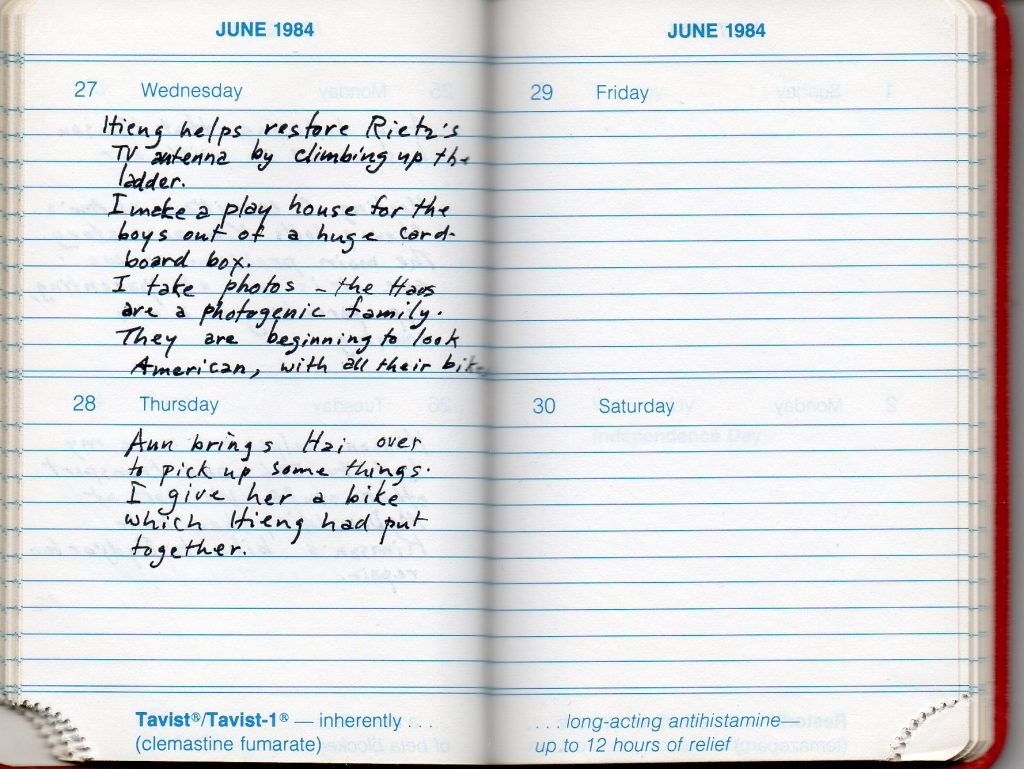
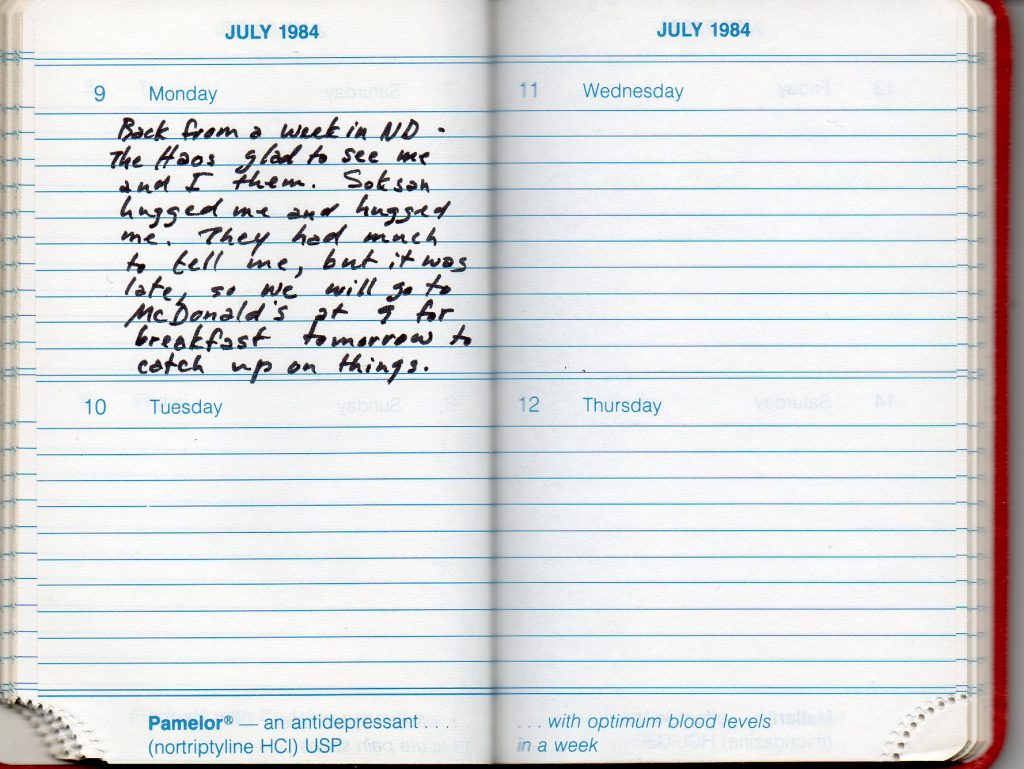
Leave a Reply